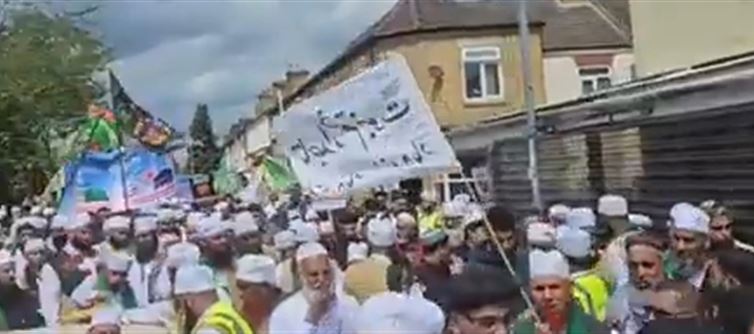
This growth has brought about visible cultural and religious changes in parts of the country. Public celebrations of Islamic festivals like Eid, increased political engagement by Muslim leaders, and the mainstreaming of Islamic fashion and media have all contributed to a transformed social landscape. While many see this as a reflection of modern Britain's diversity and multicultural success, others express concern about integration, social cohesion, and the role of religious identity in public life. Tensions sometimes arise when Islamic values are perceived to clash with traditionally secular or liberal norms, leading to debate in political and media spheres.
The situation has become more complex due to the influence of international conflicts, concerns about radicalization, and heated discussions around immigration. While the vast majority of Muslims in england live peaceful, law-abiding lives and contribute significantly to society, there have been cases of extremist elements drawing attention to negative stereotypes. This has led to a rise in Islamophobia and polarized opinions. The challenge moving forward is finding a balance — ensuring that Britain's core values of freedom and tolerance are upheld, while also fostering genuine integration and mutual respect between communities.




 click and follow Indiaherald WhatsApp channel
click and follow Indiaherald WhatsApp channel